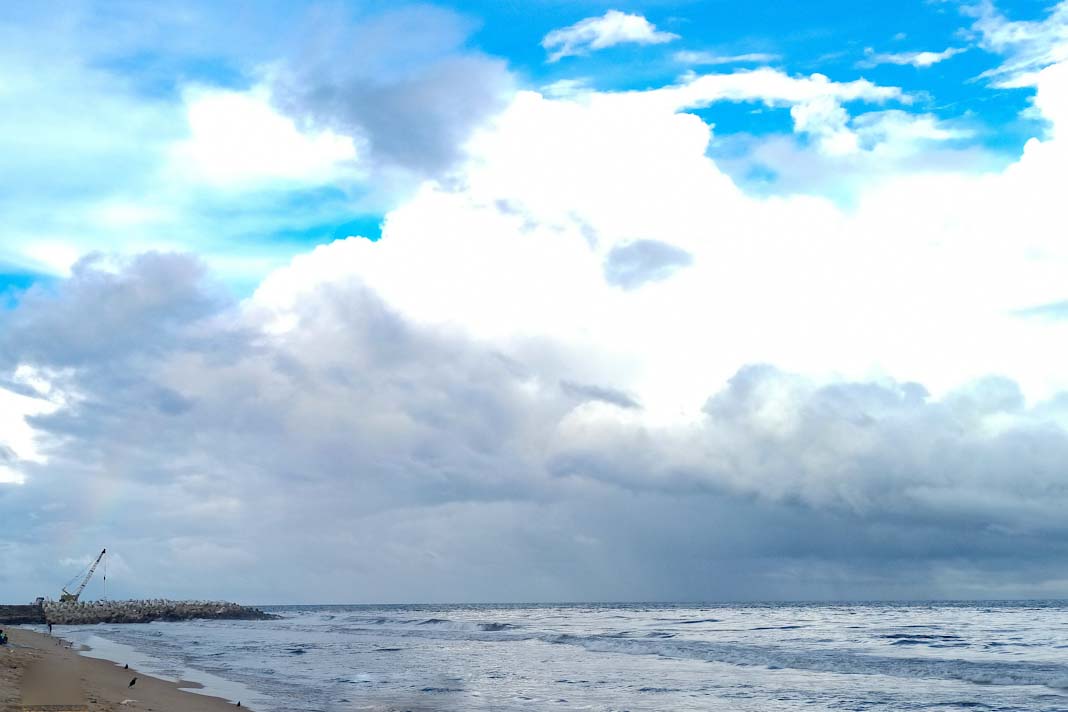
- At least six tankers damaged in recent months, many linked to Russian oil trade
- Greek-owned ships especially affected; operators enhance vessel security
- Sabotage suspected, possibly involving limpet mines and professional actors
- Risk heightens near Russian ports and Mediterranean transit zones
Greek shipping companies operating in Russia’s oil trade are strengthening security measures after a series of mysterious explosions damaged multiple tankers. According to six Greek shipping and security sources, the companies have begun implementing defensive strategies, including underwater hull inspections by divers to detect foreign objects. These efforts come amid mounting concerns over unexplained blasts affecting vessels linked to Russian ports.
Blast History and Damage Reports
At least six tankers have been impacted by explosive incidents in 2025 while operating near Russia’s Baltic port of Ust-Luga and the Black Sea port of Novorossiysk. Greek-owned vessels—part of the world’s largest tanker fleet—were involved in most cases. Though many tankers now operate under the so-called “shadow fleet,” Greek ships continue to carry Russian oil priced within the G7’s $60/barrel cap, which remains technically legal under current regulations.
In the most recent case, the Eco Wizard LPG tanker was damaged on July 6 at Ust-Luga, reportedly leaking liquid ammonia during cargo operations. Russia’s transport ministry announced diver inspections, but suspicions remain that explosive devices were involved. Its operator, Stealth Gas, declined to comment.
Earlier, the Vilamoura, operated by TMS Tankers, was damaged by what was likely an external explosive while sailing off Libya’s coast. In February, the Seacharm was also hit, but the investigation remains classified under Greek authorities. The Seajewel, attacked around the same time, led to a terrorism probe by Italy, which has yet to provide updates.
Security Measures and Investigations
Greek operators have begun shifting their vessels’ positions unpredictably while at anchor near Russian waters to avoid detection. Crews remain on high alert for unusual activity, while new measures such as remote underwater hull scans are also under consideration.
Security experts believe limpet mines, which attach to hulls via magnets, are likely behind the damage. While no group has claimed responsibility, three security advisors told Reuters that Ukrainian state or proxy actors are likely suspects, given Kyiv’s opposition to Greek involvement in Russian oil transportation. Ukrainian authorities have declined to comment.
Regional Risks and Maritime Vulnerability
Of the six tankers attacked this year, four were operated by Greek companies and one by a Cyprus-based firm. Many of the ships were en route to the Mediterranean following Russian port calls, making these the first non-military maritime incidents of their kind in the region in decades.
Maritime security firm Dryad Global warned that vessels connected to Russian ports face increased sabotage risk by state-aligned groups due to the ongoing Russia-Ukraine conflict. CEO Corey Ranslem noted that although the Mediterranean is generally safer than the Red Sea, vulnerable locations—especially off Libya—pose significant threats.
Vanguard Tech intelligence head Ellie Shafik said patterns suggest state-level actors were likely involved in the attacks. She noted the apparent intent to cause immobilization without loss of life or total vessel destruction, a hallmark of professional sabotage using military-grade techniques.
Did you subscribe to our Daily newsletter?
It’s Free! Click here to Subscribe!
Source: Reuters























